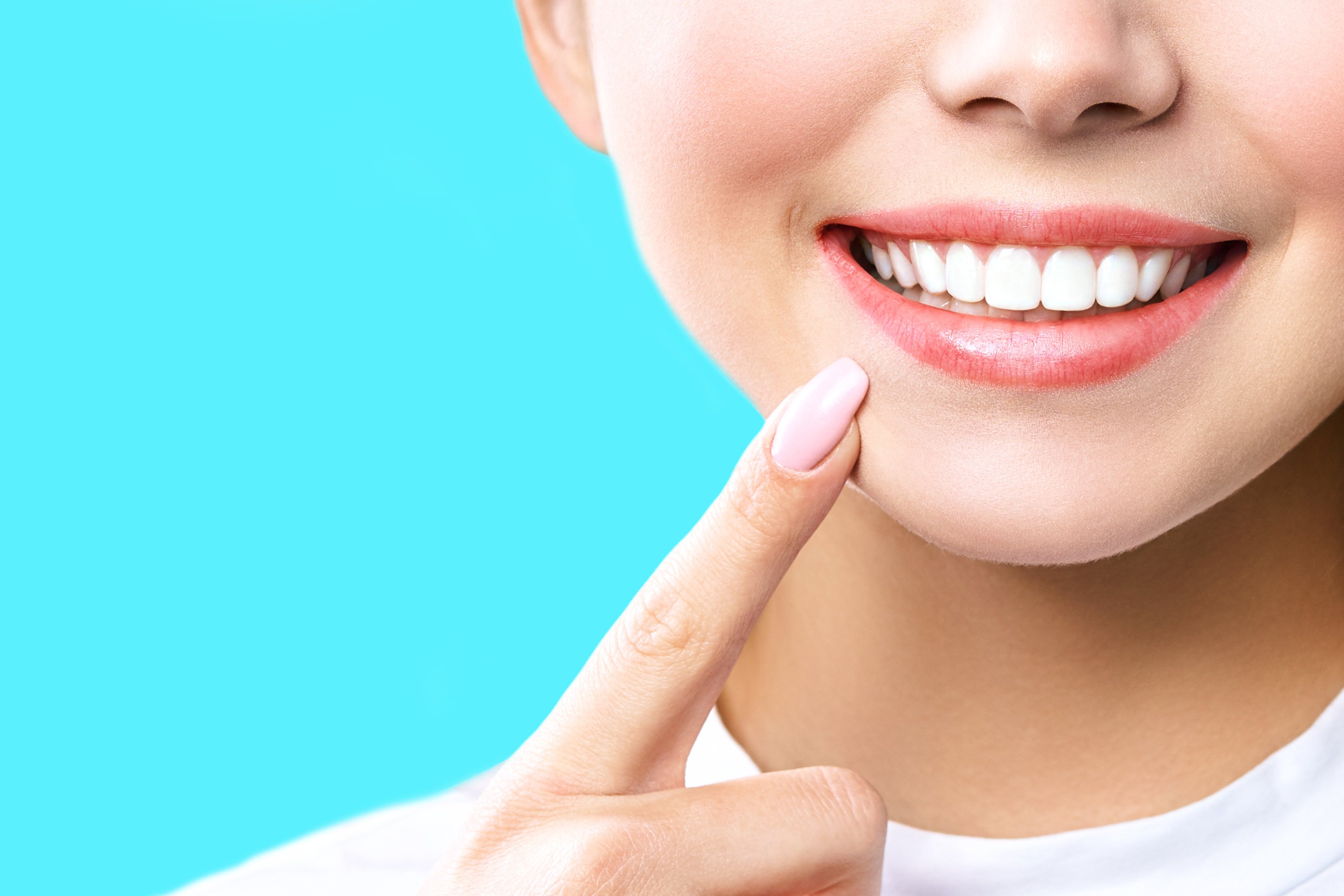How Oral Care is Linked to Your Migraines

Summarize with AI
According to experts, more than 38 million Americans suffer from migraines, while countless others experience chronic tension headaches that seriously affect the quality of their lives. While the causes of these issues can vary depending on the individual, there is strong evidence that dental issues can be a contributing factor. If you suffer from debilitating headaches, here's what you should know.
Assessing Potential Causes
Although modern science has gained fascinating insight into the biology behind migraines, experts still don't know the exact cause. While most agree that genetics play a key role, doctors have identified a variety of factors which appear to trigger migraine headaches in certain people. These include:
- Stress
- Hormonal changes in women
- Anxiety
- Strong smells
- Loud noises
- Medicines
- Bright or flashing lights
- Sudden changes in the weather
- Over-exertion
- Tobacco
- Caffeine or caffeine withdrawal
- Medication overuse
- Skipped meals
- Alcohol
- Aged cheeses
- Chocolate
- Some nuts and fruits
- Processed or cured meats
- Monosodium glutamate (MSG)
- Pickled or fermented or goods
- Yeast
There is also strong evidence to suggest that poor sleep and/or underlying dental problems can promote headache disorders in certain people.
How Can Your Mouth Cause Headaches?
Although everyone experiences an occasional headache; some people endure chronic, debilitating head pain that significantly diminishes the quality of their lives. In some cases, recurring headaches may be caused by specific oral health issues, including:
Teeth grinding:
Some headaches result from extreme jaw and muscle tension, caused by an uncontrollable sleeping habit. When people grind their teeth at night, they often awaken with a sore jaw. Over time, they may also begin to experience severe tension headaches that feel like chronic migraines. Fortunately, a dental professional can provide specialized mouthguards to prevent patients from grinding their teeth during sleep. In many cases, patients experience complete headache relief after wearing their mouthguards for just a few nights.
TMD & Jaw Alignment:
Jaw alignment issues can also promote headaches in certain people, especially if they have temporomandibular joint disorder (TMD). Patients with TMD will often experience a range of unpleasant symptoms, including neck and facial pain, jaw popping, chewing difficulties and, of course, headaches. A dental professional can provide effective treatment options, based on the severity of the issue. In many cases, a simple oral appliance may be enough to reduce or eliminate symptoms. For especially severe cases, more invasive treatments may become necessary.
Wisdom Teeth:
Some people also experience headaches due to issues with their wisdom teeth. If wisdom teeth come in crooked or crowd in with other adult teeth, a patient can experience head or facial pain. For these people, pain tends to go away after they have their wisdom teeth extracted.
If you believe your chronic headaches may be related to an underlying dental issue, visit a dental professional for an evaluation. With proper treatment, you may be able to eliminate your symptoms, so you can stop relying on pain medications and improve the quality of your life.
.png)

